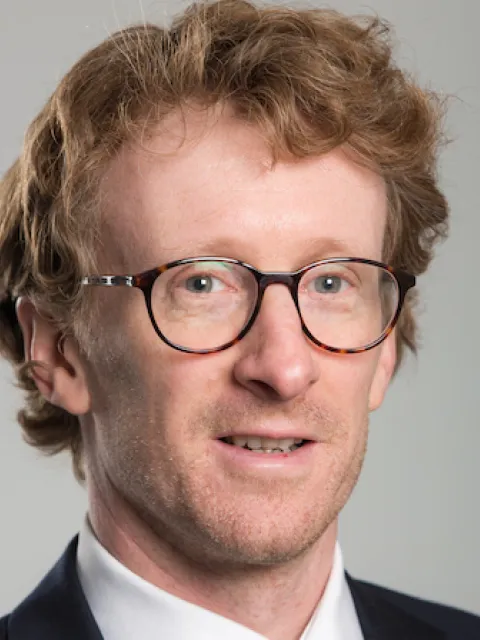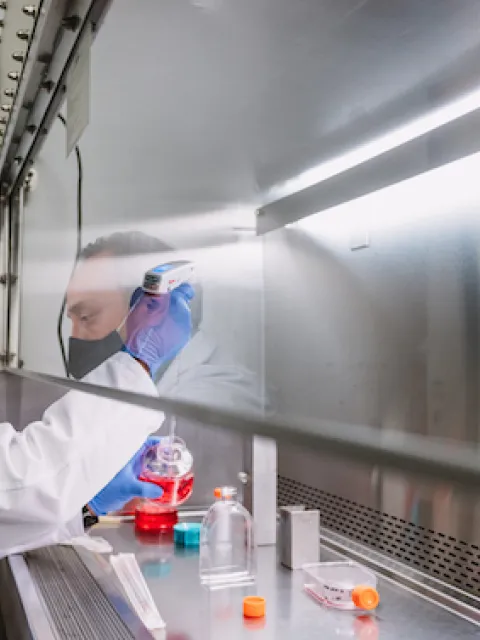Making cancer medicines accessible in low-resource settings

Medicines Patent Pool offers an approach to improving access to affordable cancer medicines that was successfully used for infectious diseases.
On 1 October 2021, the World Health Organization published the 22nd Model List of Essential Medicines (EML), placing strong emphasis on cancer treatments. While adding some cancer medicines to this list, the WHO Expert Committee also highlighted challenges around the price of certain highly effective oncology medicines and the implications for access in low- and middle-income countries (LMICs).
This editorial explores a specific approach to improving access to affordable medicines in LMICs that has already been successfully used by the Medicines Patent Pool (MPP) for infectious diseases and is now being called upon to support medicine access in oncology.
The Cost-Effectiveness Challenge
The WHO EML lists those medicines meant to satisfy the priority health needs of populations wherever they live. Given the importance of essential medicines, they need to be accessible at all times, in sufficient amounts and affordable. Four new cancer medicines were listed in this year’s edition of the EML, including the two patented agents enzalutamide (for prostate cancer) and ibrutinib (for chronic lymphocytic leukaemia).
The Committee in charge of selecting medicines for inclusion relies primarily on medical criteria linked to the clinical relevance, safety and efficacy of the drugs under consideration. But it also considers the comparative cost-effectiveness of the drugs at current prices. And here is where the challenge lies.
While a medicine may be clinically highly effective to treat a given cancer and could contribute to improving health for many patients, the drug may be unaffordable in many settings. Labelling it as essential could have a significant impact on stretched health budgets, particularly in many LMICs. As a result, a highly effective medicine may not be included on the EML. This was the case for several oncology medicines that had been submitted to the Committee for inclusion. In some cases, the Committee also flagged the need for more clinical data to confirm benefits before listing them.
The above raises concerns on equity and what more can be done to support access to the most effective treatments, an issue that this year’s EML highlighted. For this reason, the Committee called upon the Medicines Patent Pool (MPP) to work with partners to support affordable access to various oncology medicines in LMICs. The call included both new cancer treatments that were added to the list, but also those with strong potential for future inclusion that have not been added partly due to cost-effectiveness concerns at current prices.
How MPP works to improve access to affordable medicines
The MPP is a public health organisation founded by Unitaid, which aims to improve access to health technology in LMICs. MPP approaches companies or institutions that hold rights over important new treatments to explore the possibility of licensing those rights via MPP to generic manufacturers on a non-exclusive basis for the supply in specific LMICs that they agree on. These manufacturers then compete to sell generic versions of the new treatment in the LMICs where they can do so, thereby driving prices down to the lowest sustainable level.
MPP works with multiple partners to support the manufacturers and with organisations with complementary expertise, as well as patient groups and governments, to facilitate in-country uptake. This partnership model has proven effective for HIV and hepatitis C and is now also being applied to COVID-19 with our recent licence on an investigational antiviral. MPP has gained extensive experience in working with multiple partners to balance the legitimate commercial interests of the research-based pharmaceutical industry, the need for sustainability for the generic producers and the paramount interests of public health. The result is a win-win-win solution that contributes to affordable access in LMICs.
Improving access to quality cancer care in LMICs
Cancer care in LMICs is lagging, particularly if compared to the achievements with communicable diseases. A multisectoral and collaborative effort is required to improve the quality of cancer care in LMICs. While timely access to affordable quality-assured treatments is critical and can indeed be a key driver to address other gaps and challenges, it needs to be part of a more extensive set of efforts to improve cancer diagnosis, treatment, and care in resource-limited settings. This includes a need to enhance the capacity to correctly identify patients who may benefit from more targeted therapies, administer medication and manage side effects.
The WHO’s Expert Committee has clearly outlined the challenge. There are highly effective new cancer treatments that could benefit millions of people; unfortunately, these medicines are not reaching people who need them in many LMICs. Reducing this health equity gap is a priority for the global health community that needs to develop appropriate models to address this urgent need. As MPP begins its journey in the field of oncology, we look forward to working together with industry, UICC, governments, patient groups and cancer organisations around the world to take up this significant challenge.
Last update
Monday 12 December 2022Share this page




